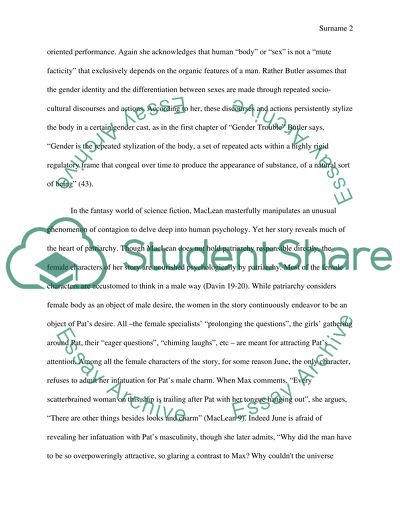Cite this document
(A Feminist Interpretation of Katherine MacLeans Contagion Book Report/Review, n.d.)
A Feminist Interpretation of Katherine MacLeans Contagion Book Report/Review. https://studentshare.org/literature/1591236-critical-analysis-of-a-short-story
A Feminist Interpretation of Katherine MacLeans Contagion Book Report/Review. https://studentshare.org/literature/1591236-critical-analysis-of-a-short-story
(A Feminist Interpretation of Katherine MacLeans Contagion Book Report/Review)
A Feminist Interpretation of Katherine MacLeans Contagion Book Report/Review. https://studentshare.org/literature/1591236-critical-analysis-of-a-short-story.
A Feminist Interpretation of Katherine MacLeans Contagion Book Report/Review. https://studentshare.org/literature/1591236-critical-analysis-of-a-short-story.
“A Feminist Interpretation of Katherine MacLeans Contagion Book Report/Review”. https://studentshare.org/literature/1591236-critical-analysis-of-a-short-story.


